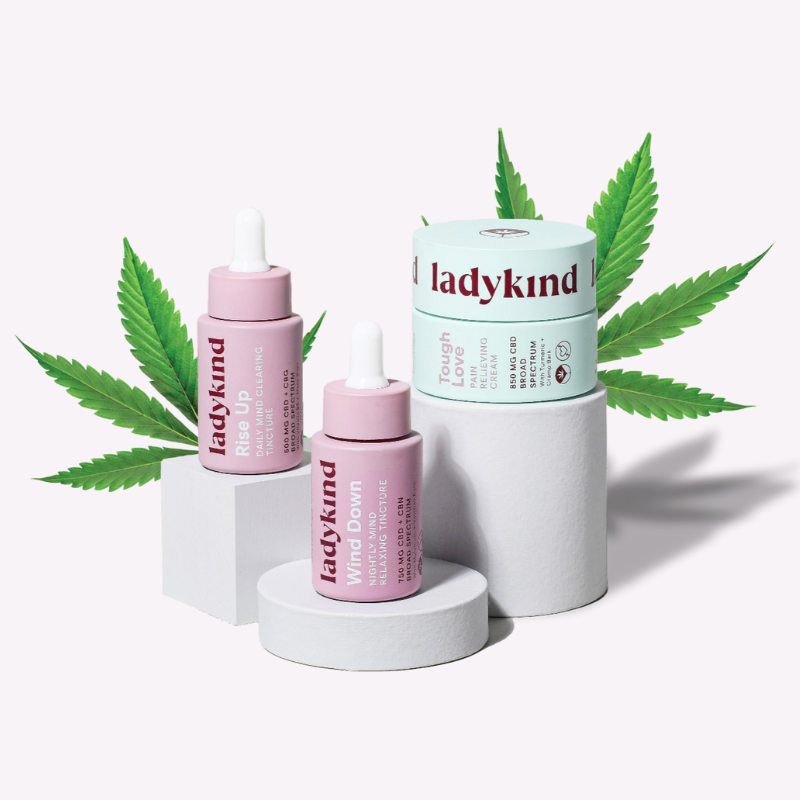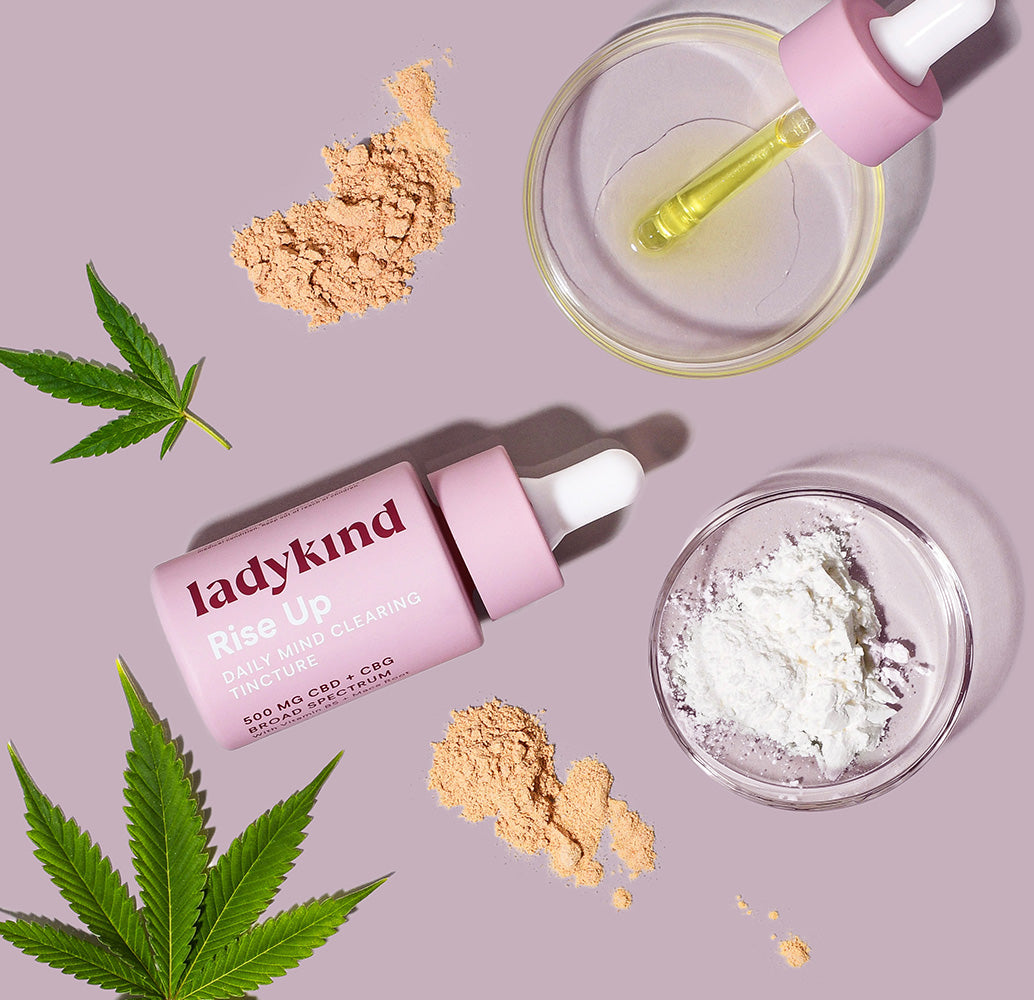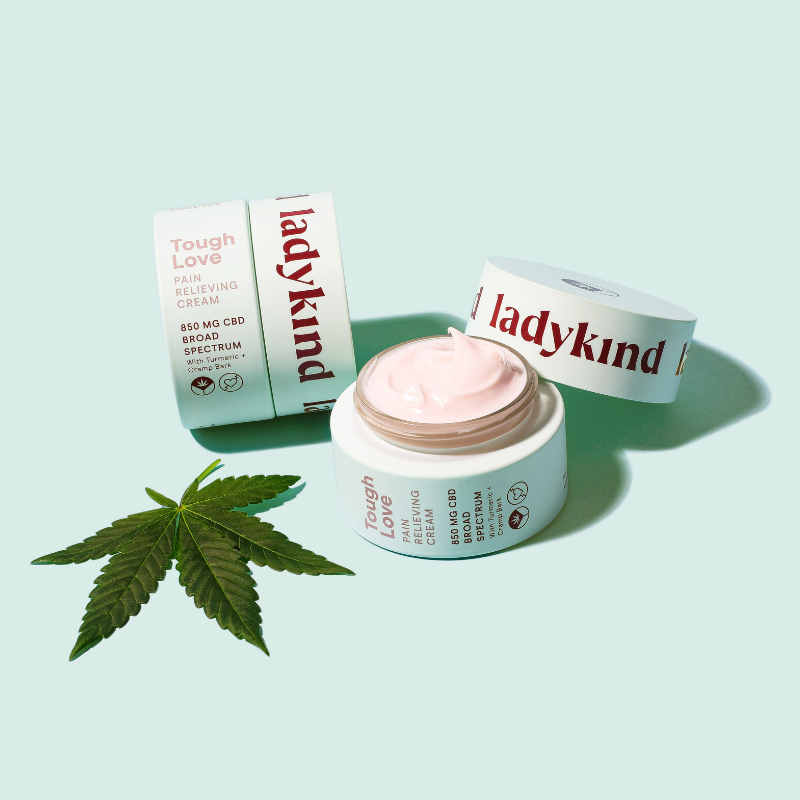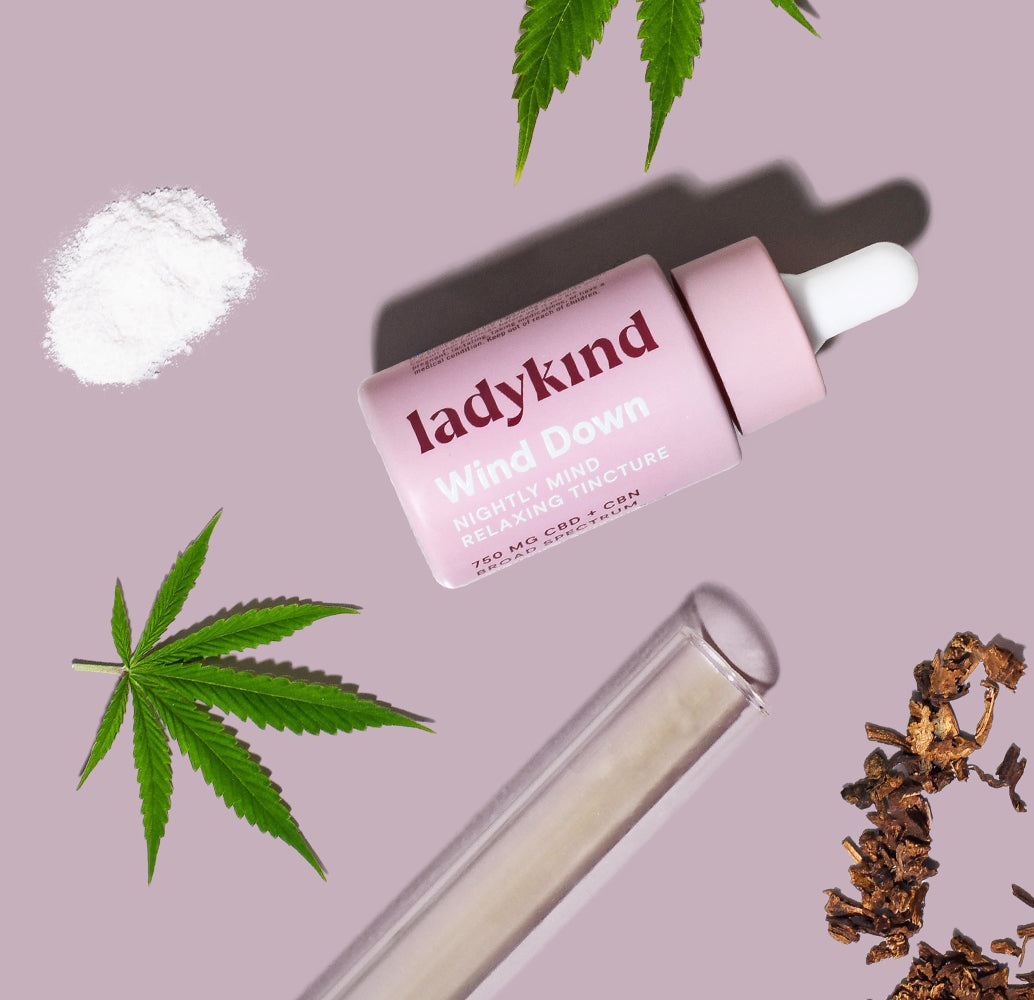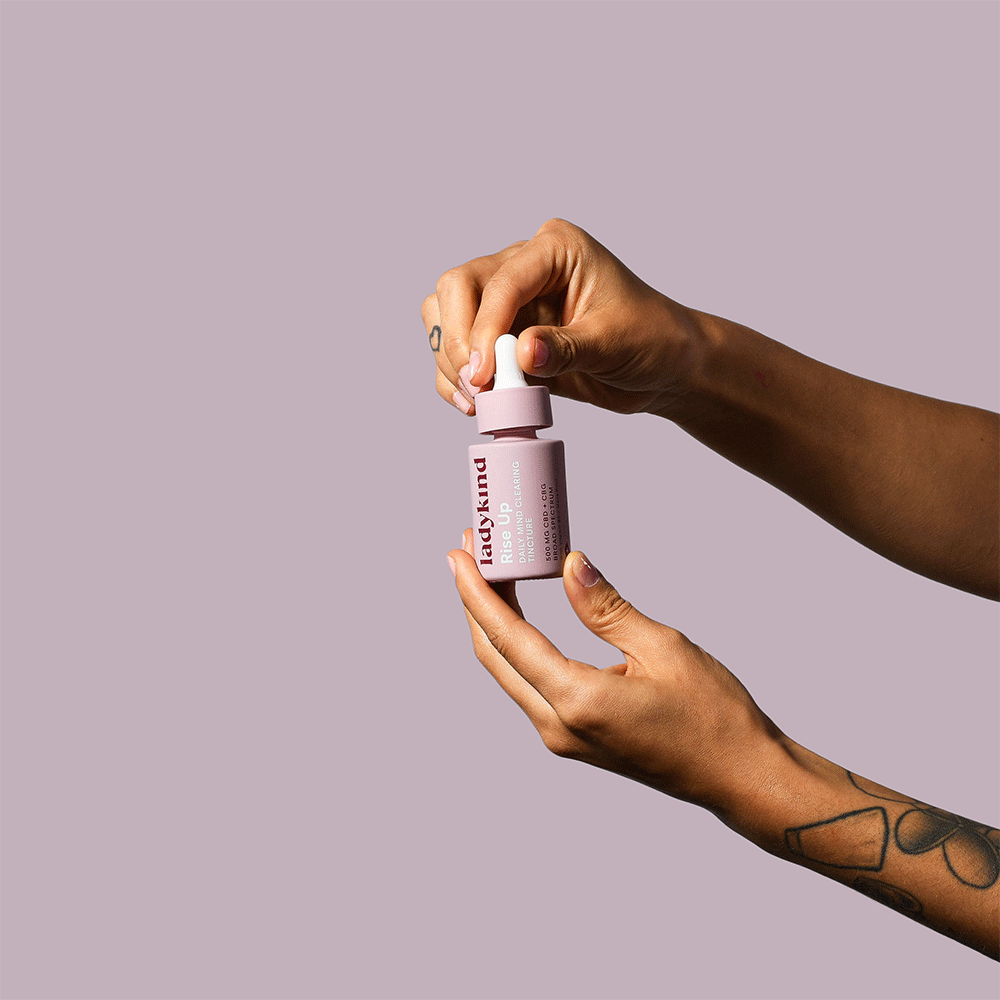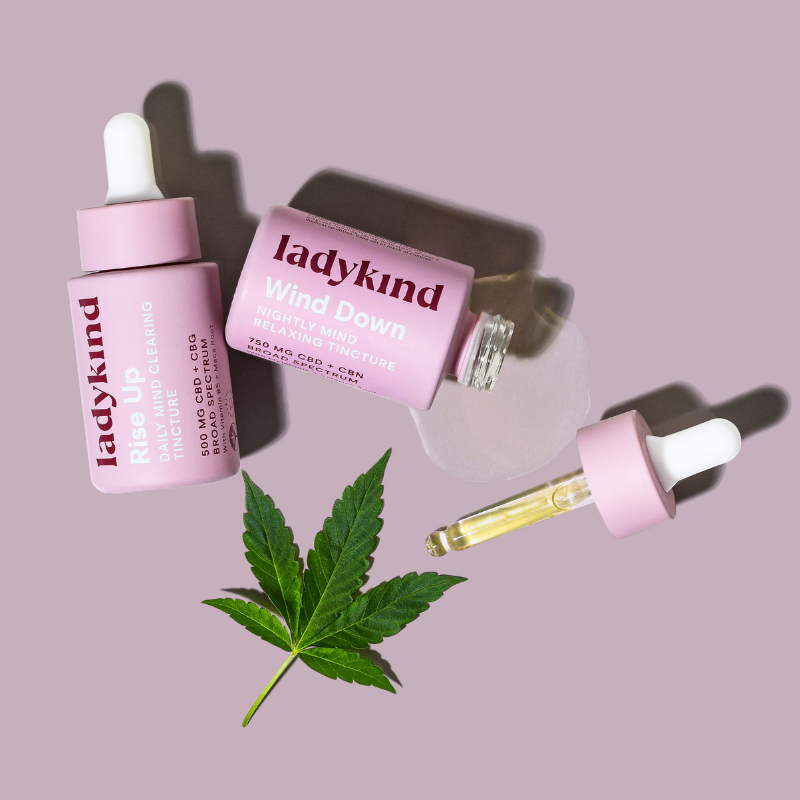If you're a regular here, you already know a bit about the fascinating therapeutic benefits and healing properties of the cannabidiol (CBD) extract. As legal restrictions for the use and production of CBD loosen, research continues to unfold about its assortment of potential medical applications for conditions that affect both the mind and body. However, like any other come-up story, there are also a set of misconceptions that attempt to counter its shiny reputation. In this blog post, we will debunk five of the most common myths that hold CBD back from its unexplored capability.
5 common myths about CBD:
Myth #1: CBD Gets You High
This is probably the most popular myth about CBD.
The two most prevalent compounds in the cannabis plant are:
- THC
- CBD
Because they are the most notable, people regularly associate the effects of one with the other. While it is true CBD provides all the same health benefits as THC, that does not include the psychoactive effects THC is infamously known for. CBD and THC interact differently with the endocannabinoid system, which results in distinguished intoxicating effects. While THC triggers psychoactive effects by binding to your CB1 receptors, CBD has a more direct influence and therefore promotes clarity, calmness, and balance without altering your perception or cognition. This crucial detail is what makes CBD an ideal, risk-averse contender as a treatment for a plethora of chronic health conditions.
Myth #2: CBD Is A Cure-All
Thanks to the medical marijuana movement, laws around the use and production of CBD have started to loosen. However, research and development is still in its infancy stages. While CBD promises great potential to aid in serious health conditions like epilepsy and chronic pain, it is not a replacement for professional medical advice. If you are looking to treat a chronic health condition with CBD, Ladykind recommends you consult with a professional first.
Myth #3: CBD Has No Side Effects
CBD is: generally well-tolerated by most people
CBD is not: entirely free of side effects
While CBD will not induce the same mind-altering effects as THC, some may still experience other side effects like drowsiness, dry mouth, or changes in appetite when experimenting with different dosages. CBD products that pass through the liver can also interact with over-the-counter medications and can modify their effects, so it's crucial to consult with a medical professional before mixing the two.
Myth #4: CBD Is Illegal Everywhere
Another misconception that stems from the inability to separate CBD's reputation from that of its counterpart, THC, is its legality. While marijuana is still illegal in some states and countries, CBD derived from hemp plants with less than 0.3% THC content is federally legal in many countries, including the United States. Because local laws and regulations vary by region, it's always a good idea to check before you purchase or travel with CBD.
Myth #5: All CBD Products Are The Same
CBD products are not one-size-fits-all. The quality and effectiveness of CBD can vary greatly by brand, product type, and usability.
CBD products can be:
- Sourced from different types of hemp plants
- Processed using different extraction methods
- Contain various concentrations of CBD and other cannabinoids
Consider these three factors in your research and build relationships with brands you trust who demonstrate a core commitment to quality assurance and customer transparency.
Conclusion
As CBD continues to gain traction as a groundbreaking wellness supplement, it's essential to educate yourself and separate fact from fiction before you dive in. Although CBD is a promising herbal remedy for many mental and physical health conditions, it is not a cure-all treatment or a recreational drug. Conducting thorough research about the brands and products you use will ensure a safe and effective integration into your wellness routine. We always encourage you to check in with a medical professional to learn how CBD can work best for you and your needs, and how you can milk it for all its magical, therapeutic benefits in the most responsible way.

